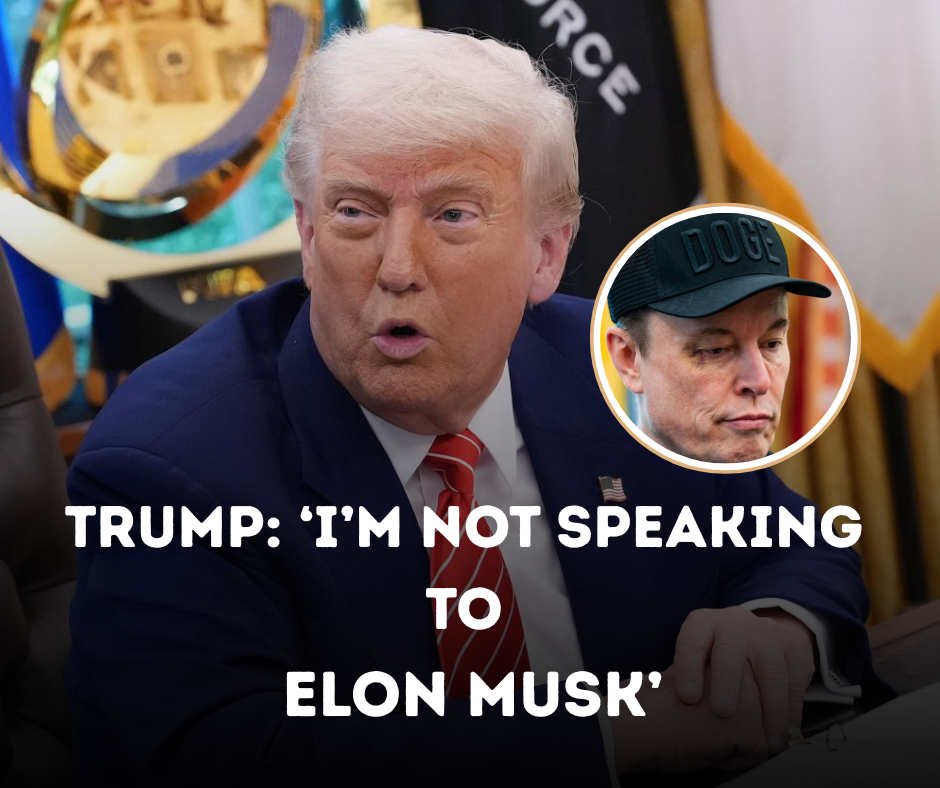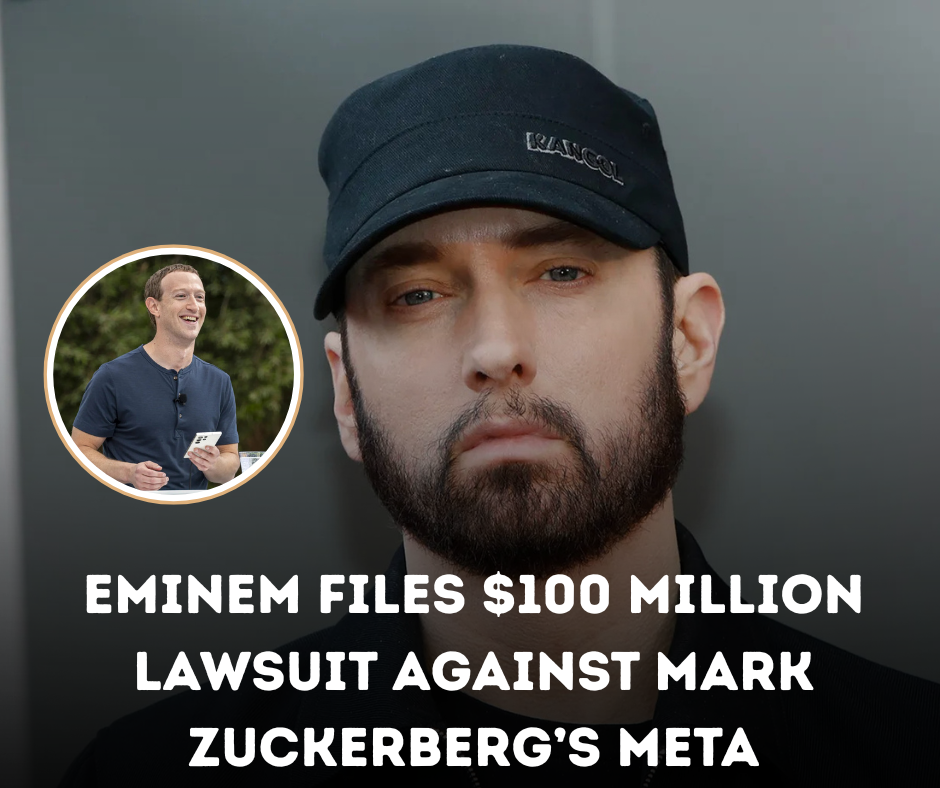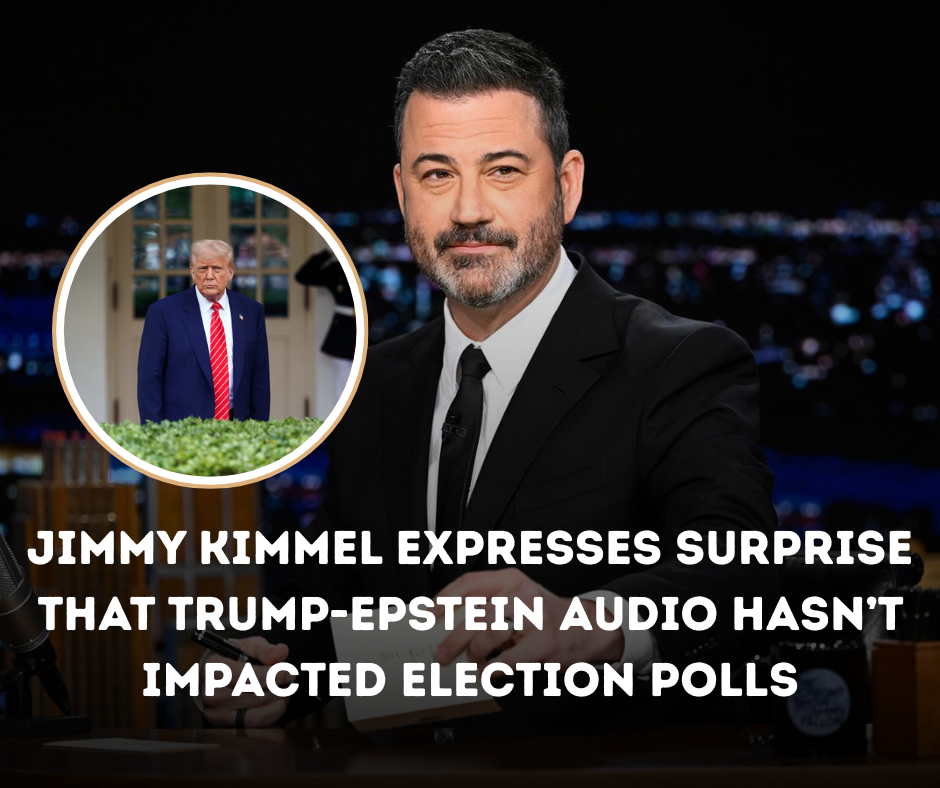A 19-year-old college student at the University of Mississippi is speaking out after becoming the subject of a cruel and false rumor that spiraled out of control—thanks, in part, to national media attention. The student, Mary Kate Cornett, says her life was turned upside down after ESPN personality and former NFL punter Pat McAfee referenced the rumor on his widely viewed sports talk show, The Pat McAfee Show.
What began as a baseless accusation shared anonymously on the social media app YikYak quickly gained attention online. The original post suggested that Cornett, a freshman, had been involved in a sexual relationship with her boyfriend’s father. There was no evidence to support the claim, and it was widely considered nothing more than a cruel and unfounded hoax. However, the rumor didn’t stop there.
On February 26, during a live broadcast, Pat McAfee discussed the rumor in front of his millions of viewers. Although he didn’t mention Cornett by name, the context and details shared on his show made it easy for internet sleuths to identify her. What followed was a firestorm of attention that Cornett says nearly destroyed her life.
Online Harassment and Real-World Consequences
After McAfee’s comments aired, Cornett was targeted by a wave of online abuse. Strangers began messaging her, spreading the rumor further, and in some cases issuing threats. She was subjected to harassment both on social media and in person. The situation escalated when someone committed a dangerous act of “swatting”—falsely reporting an emergency to send armed police to her family’s home.
Cornett, who had been living on campus at Ole Miss, was forced to move into emergency housing. Concerned for her safety, she transferred to online classes and significantly altered her daily routine. According to Cornett, her mental health and academic progress suffered greatly as a result of the ordeal.
In her own words, the entire experience has been “absolutely devastating,” and she is calling for accountability—not only from the online trolls who spread the lie but from Pat McAfee himself. She has hired legal representation and is exploring options for a defamation lawsuit against McAfee and potentially ESPN as well.
Legal and Ethical Questions
Cornett’s legal team argues that McAfee’s decision to publicly discuss a salacious and unverified rumor, even while using qualifiers like “allegedly,” does not excuse him from responsibility. The fact that the story originated from an anonymous source with no credibility should have been a red flag, they contend. Instead of verifying the facts—or better yet, avoiding the topic entirely—McAfee chose to repeat it on a national platform.
The case raises broader questions about the power and responsibility of public figures in the media age. When celebrities or sports commentators with massive followings repeat rumors, even if jokingly or indirectly, the ripple effects can be severe. For private citizens like Cornett, who never signed up for the spotlight, the consequences can be life-changing.
McAfee Responds
In the weeks following the backlash, Pat McAfee briefly addressed the issue on air, stating that he never intended to hurt anyone and suggesting there could be a “silver lining” in the situation. However, critics argue that his comments have not gone far enough and that he has yet to take full accountability for amplifying the rumor.
As of now, ESPN has not issued an official statement, and no legal action has been formally filed. But Cornett and her family say they are determined to seek justice and bring attention to the dangerous effects of irresponsible broadcasting.
A Cautionary Tale for the Digital Age
This case is a sobering reminder of how quickly misinformation can spread—and how devastating it can be when powerful platforms give it oxygen. It also highlights the real human cost of online rumors, especially when they are echoed by trusted or influential voices in the media.
For Mary Kate Cornett, the damage has already been done. But her story may become a turning point in how broadcasters, influencers, and the general public handle anonymous allegations—especially when someone’s life and reputation hang in the balance.









